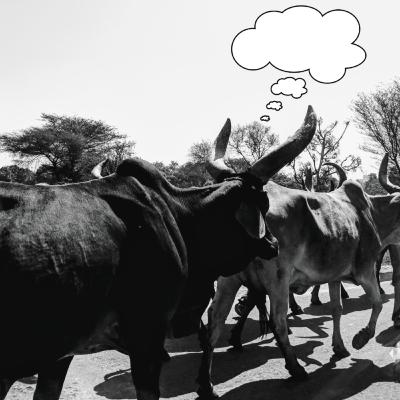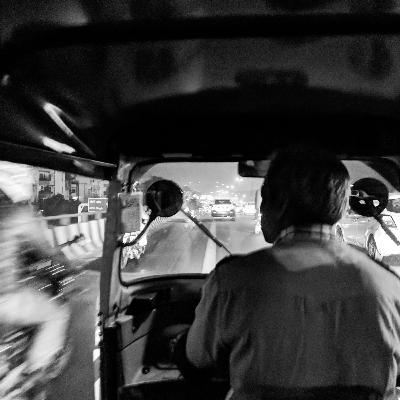Discover Framing References
Framing References

5 Episodes
Reverse
In this episode we discuss:
/ The Goods and Services Tax regimen introduced in FY 2017
/ How the deployment of GST worsened an already chaotic economic scenario post demonetization
/ Identify a few core issues with the Indian economy as it currently stands
/ Speculate on some solutions and our expectations for the Federal Budget in FY 2020
/ As an added bonus we discuss if borrowing money from your friend is a good idea if you want to eat more omelets or drink more soda.
Thanks for listening
@mostlyeconomics
@maximegalon5
In this episode we discuss:
/ The difference between India's two previous attempts at demonetization with respect to RBI involvement
/ Touch upon the opacity with which RBI functions as a public institution
/ Debate the intention behind demonetization
/ Establish a framing reference with which to understand the effect of demonetization on the Indian economy
Stay tuned for the next episode where we discuss the Goods and Services Tax, and then move onto our expectations of the Indian budget for FY 2020 - 21.
Thanks for listening...
@mostlyeconomics
@maximegalon5
Upcoming on Framing References, we discuss the 2016 episode of India’s Demonetization exercise.
We discuss features of the exercise that are not usually covered by vox populi. For example, do you know how the Reserve Bank of India makes decisions? What’s the composition of the board, and what was different about the 2016 exercise, as compared to earlier attempts?
Why did the Modi government decide to undergo such a radical step, and what was its fallout? Why are economic transactions so reliant on cash?
For answers to these questions and more stay tuned for our episode on India’s Demonetization, and its impact on domestic demand.
@mostlyeconomics
@maximegalon5
In the episode we discuss:
How Nationalization happened
How India see-saws between Nationalization and then Liberalization of its economy and its banking systems.
How fraud and mismanagement accompany endeavors to expand the credit base within the country.
The role of RBI (Reserve Bank of India) and how it appears to be a silent spectator.
In brief, Demonetization and the slow down in the real-estate sector and how that precipitated a financial loss of confidence.
Thanks for listening!
@mostlyeconomics
@maximegalon5
In this episode we ...
Introduce Dr. Amol Agrawal @mostlyeconomics.
Lament on the lack of historicity within the RBI and the Indian banking system, at large.
Cover, broadly, the tumultuous journey of the Indian Banking system from the early 1900s through to the late 1960's.
Recognize the big push into providing capital to rural and developing India, post-independence.
Touch upon the organized and unorganized financial mechanism of Indian finance pre-nationalization.
Understand the nature of RBI regulation as it grapples with a series of Banking failures.
In part two we discuss the events that take us from the political needs of Mrs. Gandhi through onto aspects of the Indian economy under Dr. Manmohan Singh and finally reach the Banking crisis that occurred in 2019 under the current PM, Mr. Modi.
Thank you for listening!









